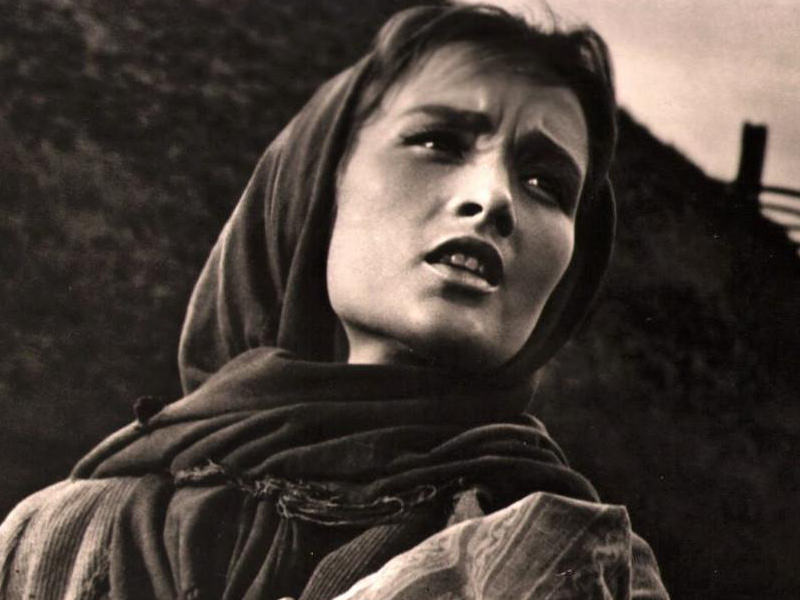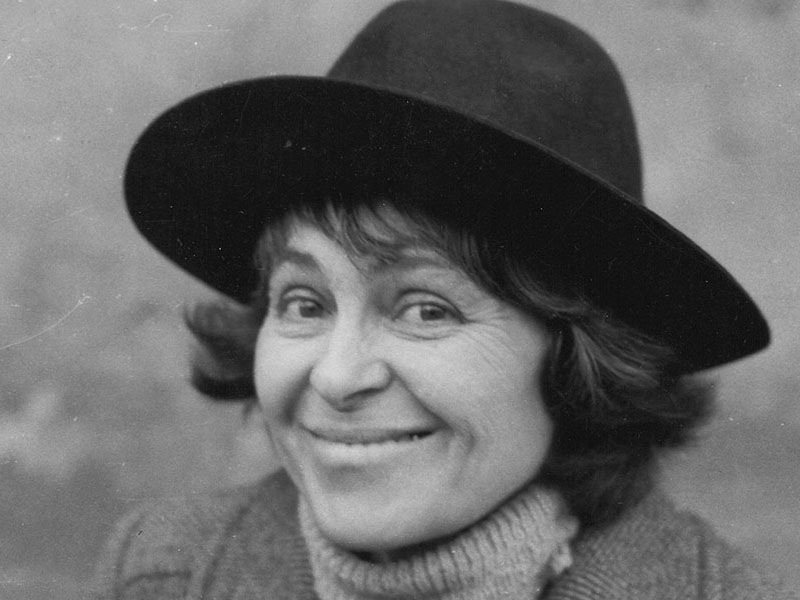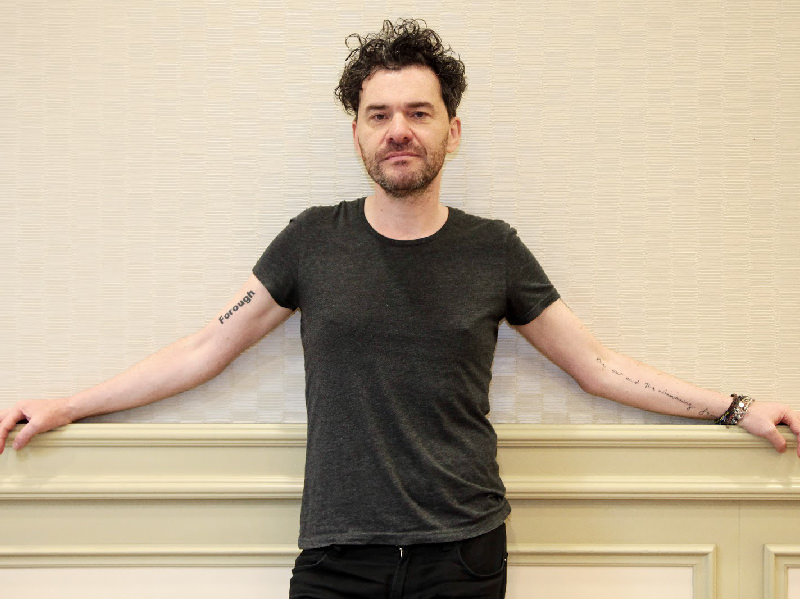|
By Danny Sheahan “Film history has been sexist by omission,” says narrator Tilda Swinton in the first few minutes of director Mark Cousins’ epic documentary film Women Make Film: A Road Movie Through Cinema (2018). The documentary had its North American premiere at the Toronto International Film Festival (TIFF) ‘18. To call this documentary epic would be an understatement; the full film is 16 hours long, with the first four hours having been screened at the festival. The film is a very long, yet effective, film essay that showcases the largely underrated and unrecognized works of female filmmakers from around the world. As Tilda Swinton puts it, the film acts as a sort of film school. It breaks down the fundamental elements of how to create a film into episodic chapters, from openings to endings, from character introductions to character meetings, from journeys to discoveries. Cousins edited over 1000 film clips from films throughout 13 decades of film history, all of which were directed by women. The film clips perfectly showcase how to effectively use filmic characteristics (such as tone, framing, staging, etc.) to make a great film. Tilda Swinton, a long-time collaborator with director Mark Cousins, beautifully narrates as each scene plays, analyzing the filmic element in question, while also asking questions that each scene might arise out of the audience. Women Make Film starts with narrator Tilda Swinton mentioning that the industry is so male-dominated, leading to inherent sexism in the history of film. Some really beautiful films made by women from around the world go heavily unnoticed, as male filmmakers are making what some consider being “the greats” of film history. Mark Cousins’ approach to Women Make Film is to have women filmmakers teaching the lessons of how to make film, instead of the men. The film really does an excellent job at shining a spotlight on fantastic women filmmakers throughout history, many of which audiences might have never heard of, or have gotten the chance to hear about. Although the film is doing this, the important thing to remember is that what matters are the films, which effectively speak for themselves. A couple of well-known women in film are mentioned throughout the different chapters, such as action filmmaker Kathryn Bigelow, known for directing films like Point Break (1991) and Academy Award-winning films The Hurt Locker (2008) and Zero Dark Thirty (2012). Another big name mentioned is director Jane Campion, known for being the first and only female filmmaker (so far) to receive the Palme d’Or at the Cannes Film Festival for her acclaimed film The Piano (1993). The film also showcases the work of influential female filmmakers from the past, that audiences might not be aware of, such as French filmmaker Agnès Varda, whose films like Cléo de 5 à 7 (1962) and Vagabond (1984) put her at the forefront of the French New Wave film movement, and influenced a generation of female filmmakers to come in the future. Another great female director of the past is Japanese filmmaker Kinuyo Tanaka, who started her career as an actor, appearing in more than 200 films, before becoming a director in her own rank. Her films are beautiful, but, much like many of the directors mentioned in Women Make Film, have gone greatly unnoticed in history. For a four-hour film, Women Make Film flows in a way that prevents the film from feeling like it’s dragging on too long. You are constantly learning, with each passing minute, about the fundamental concepts of filmmaking from some of the most underrated filmmakers of today’s body of artists, and the most underappreciated innovators of the past. This film is a great way to learn more about what goes into the making of a great film, from a severely underrepresented community of artists across the globe. Women do make film, a lot of which should be seen as underrated masterpieces.
*Editor’s note: Women Make Film as screened at the Toronto International Film Festival ‘18 |
Recent Posts
Categories
All
Archives
February 2022
|
|
GET THE APP!
Listen to VIBE 105 anywhere you go!
|
OUR STATION
|
TUNE IN RADIO
|
STAY CONNECTED
|
Copyright © 2021 Canadian Centre for Civic Media and Arts Development Inc. Except where otherwise noted, presentation of content on this site is protected by copyright law and redistribution without consent or written permission of the sponsor is strictly prohibited.





 RSS Feed
RSS Feed


